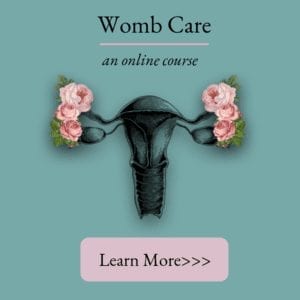This is the second post explaining how alignment affects the internal organs.
In the first video, I demonstrated how proper breathing mechanics affects colon function. This week, I’m demonstrating how restriction in the suspensory ligaments of the ascending colon can cause knee pain! The ascending colon is anchored to the parietal peritoneum that overlies the illiacus. Chronic rib thrusting (and/or chronic hip flexion) can cause the ligaments to be less than supple and can result in a pull on the cecum. In 60% of women, there’s a ligament of Cleyet that attaches the cecum to the right ovary. The genitofemoral nerve runs underneath this ligament and can be irritated if it’s restricted. The genitofemoral nerve runs through the psoas, branches off and the femoral branch runs under the inguinal ligament and sends a branch to the medial part of the knee. I’ve personal experienced genitofemoral nerve irritation (anterior thigh and medial knee pain) by an ovary that was irritating an already shortened psoas during ovulation. In these situations, all the knee therapy in the world won’t alleviate this particular type of knee pain.
A branch of the genitofemoral nerve passes through the inguinal canal along with the round ligament of the uterus. “When the bladder and uterus were fixed anteriorly, fibrosis of these ligaments mechanically irritate the genitofemoral nerve,”- Jean-Pierre Barral, osteopathic physician.







